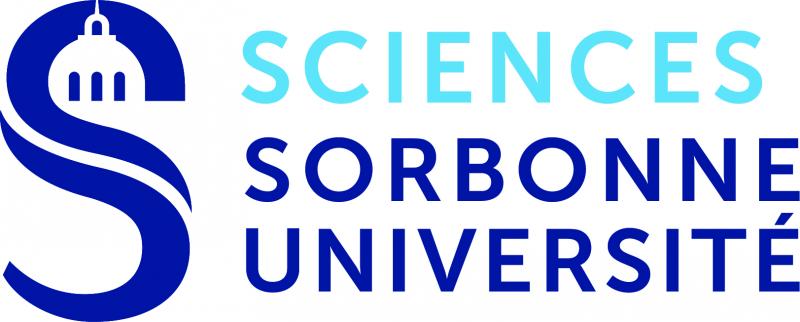Development of Innovative Probes for Characterizing Proline Metabolism in Living Organisms
| ABG-130718 | Thesis topic | |
| 2025-04-09 | Public funding alone (i.e. government, region, European, international organization research grant) |

- Chemistry
- Biology
Topic description
The project focuses on research at the intersection of chemistry and biology on the design and development of fluorescent probes for the in vivo and in vitro detection of biomarkers associated with metabolic disorders linked to proline metabolism. Proline oxidation requires proline dehydrogenase (ProDH) and P5C dehydrogenase (P5CDH). The project therefore aims to create innovative fluorescent probes to detect and monitor the activity of these key enzymes.
Starting date
Funding category
Funding further details
Presentation of host institution and host laboratory
The thesis will be carried out within the Réactivité Organométallique et Catalyse pour la Synthèse (ROCS) team at the Institut Parisien de Chimie Moléculaire (IPCM) of Sorbonne University's Faculty of Science and Engineering (FSI).
Covering all fields of knowledge in science and engineering, the FSI is as committed to supporting research at the heart of disciplines as it is to promoting multidisciplinary approaches to meet the major challenges of the 21st century. Academic excellence is underpinned by our teaching and research staff, whose research work feeds into the quality of the courses offered by the faculty.
The IPCM is a joint Sorbonne University/CNRS research unit. The laboratory's expertise in molecular chemistry in the broadest sense, the great diversity of its teams and its high-performance technical platforms lead to research ranging from the structuring of matter on a molecular scale to materials, involving know-how in inorganic and organic chemistry, polymer science, nanoscience, and even interfaces with biology.
The IPCM's scientific results, linked to major societal challenges, have an impact on fields ranging from health, the environment and new energies to information technologies.
The ROCS team develops organic synthesis methodology based on the study of organometallic reactivity. It aims to develop a better understanding of processes involving original organometallic species, as well as new reactivity and catalysis processes, in order to offer the organic chemistry community new methods for accessing complex motifs within the framework of environmentally-friendly chemistry. The concepts of selective activation, regio- and stereoselectivity, economy of steps or atoms and the valorization of easily accessible substrates by their transformation into high value-added products are among our central concerns. The team is also interested in exploring the contribution to synthesis methodology of enabling technologies (flow chemistry, supported chemistry, electrosynthesis).
Website :
PhD title
Country where you obtained your PhD
Institution awarding doctoral degree
Graduate school
Candidate's profile
We are seeking to promote a motivated candidate, with a strong background in organic chemistry and a strong interest in biology, for the Sorbonne InLife & IPV doctoral programme competition 2025.
Vous avez déjà un compte ?
Nouvel utilisateur ?
Get ABG’s monthly newsletters including news, job offers, grants & fellowships and a selection of relevant events…
Discover our members
 CESI
CESI  ANRT
ANRT  Généthon
Généthon  SUEZ
SUEZ  TotalEnergies
TotalEnergies  Laboratoire National de Métrologie et d'Essais - LNE
Laboratoire National de Métrologie et d'Essais - LNE  MabDesign
MabDesign  ADEME
ADEME  ONERA - The French Aerospace Lab
ONERA - The French Aerospace Lab  MabDesign
MabDesign  Groupe AFNOR - Association française de normalisation
Groupe AFNOR - Association française de normalisation  Aérocentre, Pôle d'excellence régional
Aérocentre, Pôle d'excellence régional  PhDOOC
PhDOOC  Tecknowmetrix
Tecknowmetrix  Institut Sup'biotech de Paris
Institut Sup'biotech de Paris  CASDEN
CASDEN  ASNR - Autorité de sûreté nucléaire et de radioprotection - Siège
ASNR - Autorité de sûreté nucléaire et de radioprotection - Siège  Ifremer
Ifremer  Nokia Bell Labs France
Nokia Bell Labs France





